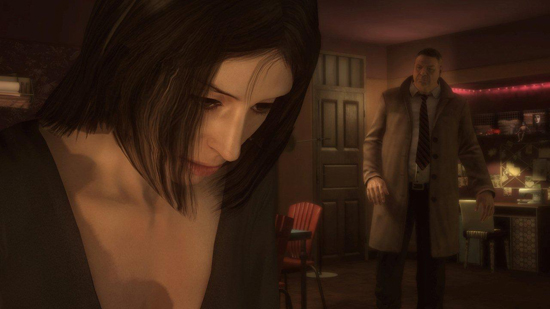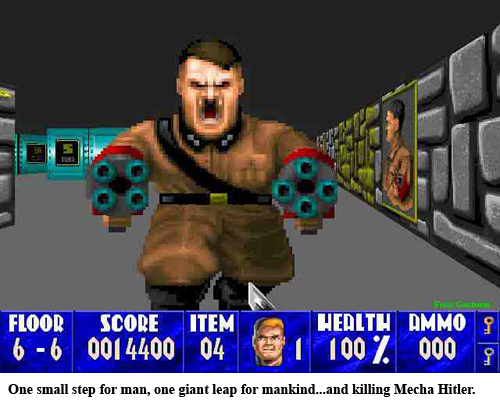This post has not been edited by the GamesBeat staff. Opinions by GamesBeat community writers do not necessarily reflect those of the staff.

Another day, another rant from David Cage. This time, the venerable head of developer Quantic Dream is urging developers to embrace cinematic storytelling tropes. In other news, the sun rose in the east today.
In a recent interview, Cage said, “I approach video games the same way I approach theatre, filmmaking, poetry, or painting. I wish more people would take that point of view. It would help the industry to move on.”
By Cage’s own admission, he doesn’t make what he would call "video games." But I digress. The medium is still very much in its infancy. The complexity of its storytelling is just shy of a daytime soap opera; its maturity level is that of a prepubescent boy. In that way, Cage is right: His daily sermons hold some truth. But the Parisian developer can’t seem to grasp one simple, fundamental concept: The ascension of one genre needn’t come at the expense of another.
Heavy Rain is a great experience. Its thick canvas, informed by film noir, oozes atmosphere and elicits genuine emotion. Like few titles before it, Heavy Rain drives home the finality of choice and consequence: It has no “game over” screen, and all four main characters can die. Instead of goading you toward a predetermined finish, its elastic narrative stretches to accommodate your decisions. But I’d stop short of calling it revolutionary. In fact, I reject the notion that great games must necessarily “change the world,” to borrow a worn cliché.

Critics often credit Wolfenstein 3D as the original first-person shooter, but it wasn’t until Doom that the genre truly blossomed. Thinking about platformers probably conjures warm and fuzzy memories of Super Mario Bros., though that was hardly the first of its type. We tend to forget that the boldest steps toward innovation are usually awkward and unpolished. Subsequent entries refine the craft, molding and shaping it into something truly great. Rarely is the first title in a franchise the preeminent one. In the gaming world, that honor often goes to the inevitable sequel. (I'm thinking of Mass Effect 2, Mortal Kombat 2, Street Fighter 2, Mega Man 2, Uncharted 2, etc.)
 You can say the same for the inception of a genre. Trailblazers usually get off to a rocky start, particularly in a technology-dependent medium like gaming. And Heavy Rain isn’t a trailblazer; by definition, it's not the first “interactive movie.” Dragon’s Lair, Space Ace, and Night Trap all came before it. And of course, we can't forget Indigo Prophecy, which Cage produced. Heavy Rain may have refined the existing template by removing “game over” and adding a nuanced, multilayered narrative, but it’s not breaking new ground.
You can say the same for the inception of a genre. Trailblazers usually get off to a rocky start, particularly in a technology-dependent medium like gaming. And Heavy Rain isn’t a trailblazer; by definition, it's not the first “interactive movie.” Dragon’s Lair, Space Ace, and Night Trap all came before it. And of course, we can't forget Indigo Prophecy, which Cage produced. Heavy Rain may have refined the existing template by removing “game over” and adding a nuanced, multilayered narrative, but it’s not breaking new ground.
Why can’t we enjoy Heavy Rain without declaring "viva la revolución"? Why can’t David Cage bask in his admittedly deserved glory without sounding like he has a messiah complex? Gaming’s umbrella has grown wide, indeed: Angry Birds has left as significant a cultural footprint as Black Ops. At the same time that triple-A blockbusters sell upward of 19 million units, independent efforts push the boundaries of artistic expression. The success of Heavy Rain needn’t — and doesn't — signal the end of traditional gaming.
